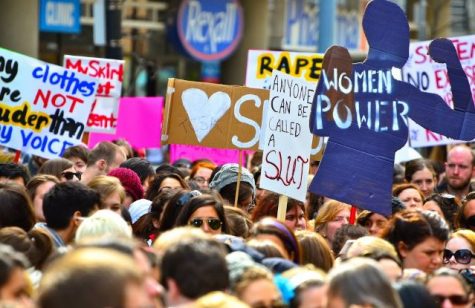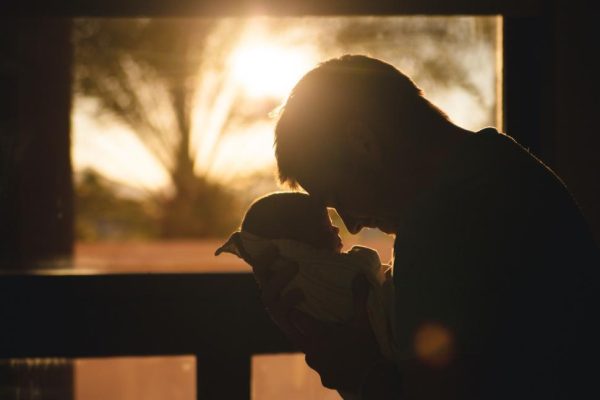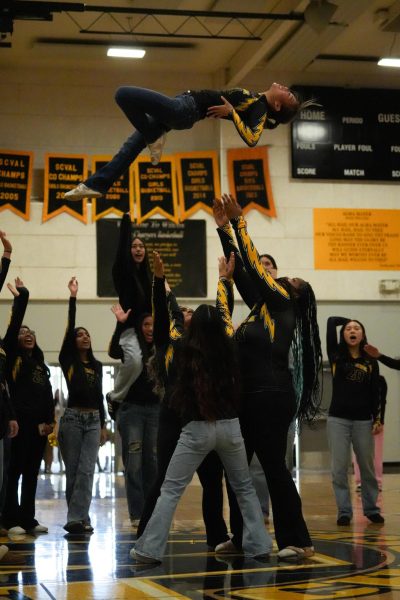The Condition of Change for Unity

On January 28, 2015, Brock Turner was convicted of five charges: Rape of an intoxicated woman, rape of an unconscious person, assault with intent to rape an intoxicated woman, sexually penetrating an intoxicated person with a foreign object, and sexually penetrating an unconscious person with a foreign object.
Crimes of this magnitude are punishable by fourteen years in prison. Prosecutors recommended six years. Turner was sentenced to six months in prison.
To add insult to injury, Turner was released from prison three months early on “good behavior” and has recently returned to his home in Dayton, Ohio.
Responses have varied with the case of Brock Turner while Stanford has formally banned hard liquor from their campus. Californian politicians have drafted a bill that would require minimum prison time if sexual assault was committed while the victim was unconscious.
Protests ignited, calling it the epitome of white privilege and rape culture on college campuses and universities. Regardless, it is important that we look at who is protesting. Sexual assault survivors, university students, and women’s advocacy groups have collectively called for the recall of Judge Aaron Persky who presided over the case.
One acute observation that I made in driving by these protests and seeing video clips online is that most of the protesters were women. The overwhelming majority, truthfully, were women. In fact, with the exception of campaigning politicians and the parents of sexual assault survivors, almost every protester was female. As I passed the protest, I was taken back by the realization that I had not personally taken action, or even voiced my opinion, for this issue that means so much to so many people. By remaining silent, I had unintentionally voiced my approval and accepted this terrible reality as status quo.
A train of thought hit me. My silence is reflective of the attitude that many other males hold. Right now, men do not feel the need to protest. This is the unfortunate truth. Of course, this is not intentional, as no one with a decent conscience would approve of sexual assault. Everyone is against rape. This is something that the general public understands. However, despite the overwhelming consensus, “rape” is too often pinned as a women’s issue. This insinuates rape being a sickness that women contract as a result of wearing scantily-clad clothing and the occasional heavy drinking. Rape is often labeled as a women’s issue because mostly women fall victim to the misconduct of men.
The activism against rape must not become the sport of victims. We all must partake in the fight against rape. Though most men are not to blame for rape culture, the silence that follows from bystanders is deafening and our complacency speaks louder than our opinions. If the condition of truth is to allow the suffering to speak, then the condition of change is to unify for a more perfect society. We must fight together.
According to the Association of American Universities, one in five men may not be sexually assaulted or coerced into sex unwillingly when compared to women. Despite this, we all must understand that unity is the key in defeating this battle. Both men and women can improve these appalling conditions for next generation. I hope that we may seal the gap in societal standards and unite to end an evil that has for so long plagued civilization.





